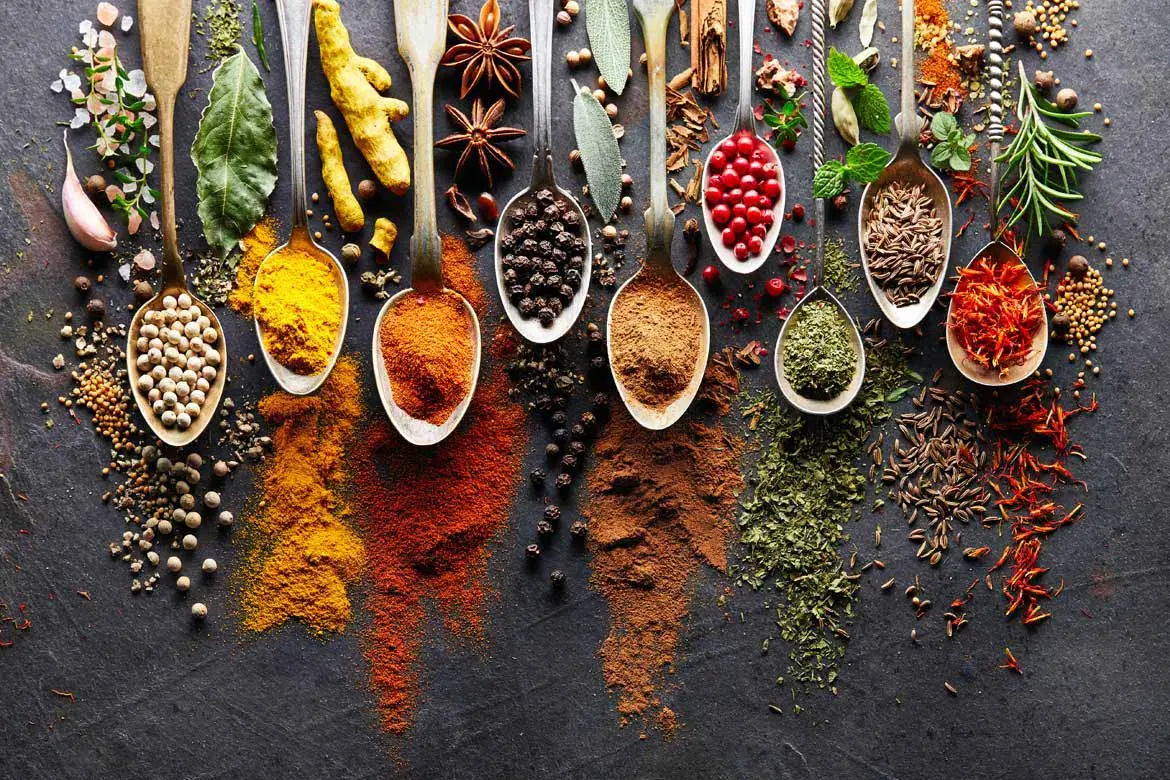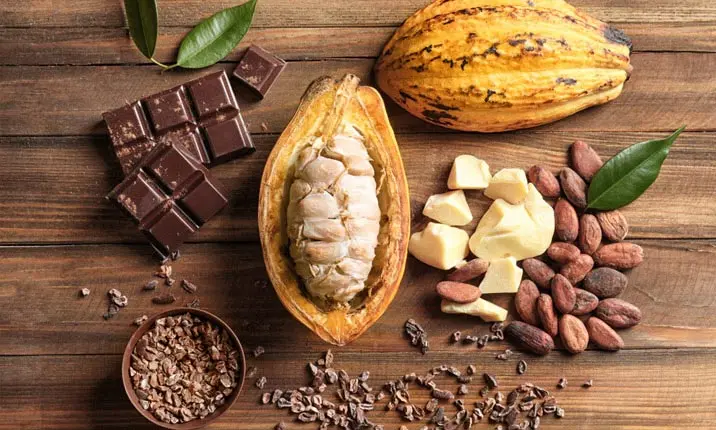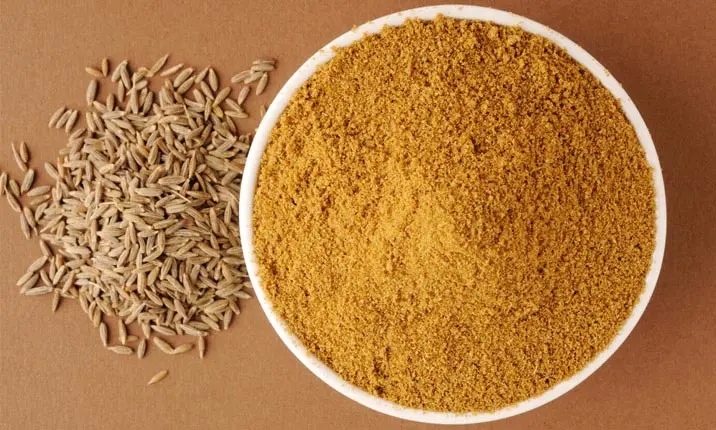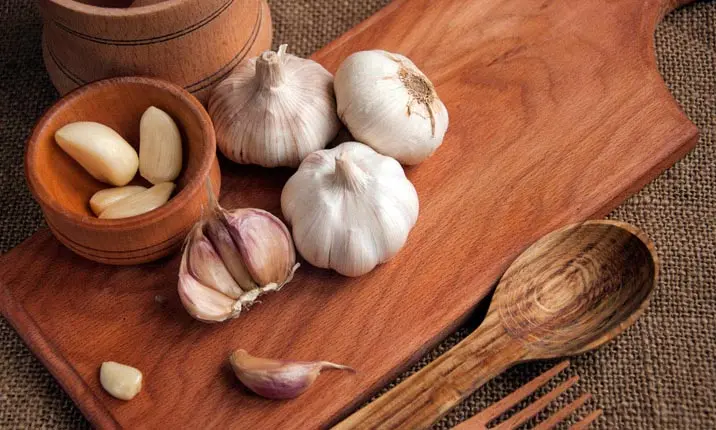Researchers have linked gut health to everything from brain function to inflammation levels across your body. Your gut microbiome, which is the population of microbes in your digestive system, exists in a delicate balance. Maintaining the right amount of good bacteria within the microbiome can have a significant impact on your health.
What is a superfood?
A superfood is defined as "a nutrient-rich food considered especially to be beneficial for health and wellbeing." The term actually originated in the early 20th century as a strategy to market bananas. These days, however the term has evolved to refer to foods that offer high levels of desirable nutrients that promote health and overall wellness.
As superfoods is not a nutritionally recognised category, there are no specific scientific criteria that food items must meet to be considered one. Nevertheless, there are certain foods that research has shown to confer health benefits. These include foods that are rich in antioxidants, minerals, vitamins, fibres, flavonoids and healthy fats. They are also generally low in calories.
Superfoods are commonly associated with the following health benefits:
- Keeping the heart healthy
- Strengthening the immune system
- Preventing cancer
- Reducing inflammation
- Lowering cholesterol
Certain herbs or spices have superfood qualities, encouraging healthy digestion and powering your gut. Here are the top 9 recommendations from our dietitian:
Types of superfoods: Herbs & spices
Superfood 1. Cinnamon
Cinnamon contains antioxidants, which may help combat oxidation throughout your body and reduce your risk of chronic illnesses. Cinnamon may also lower your blood sugar levels by slowing the breakdown of carbohydrates in your intestines, and maintaining a better balance of nutrients within your gut. Further research has shown that compounds in cinnamon may lower inflammation in your digestive system, improving its efficiency.
Superfood 2. Cocoa
Most people have no idea that cocoa is a superfood. The flavonoids found in cocoa beans have an antioxidant effect, just like cinnamon. Cocoa may also lower stress levels and improve mood, which contributes to improved digestive function. Some small research has also shown that cocoa can speed up your metabolism and encourage positive microbial activity in your gut, increasing good bacteria and minimising the growth of 'bad' bacteria connected to conditions like irritable bowel syndrome (IBS).
Superfood 3. Turmeric
If you're a fan of yellow curry, then you've definitely consumed turmeric. This popular spice contains curcumin, an anti-inflammatory that is so strong it is almost as effective as some medications. Curcumin is also a powerful antioxidant which potentially slows down the production of free radicals and prevents oxidative damage to your cells. Scientists have discovered an increase in the diversity of gut bacteria in those who consume turmeric regularly.
Superfood 4. Rosemary
Rosemary is not always considered a superfood, but it has some surprising benefits. Research shows that rosemary can adjust the composition of your gut bacteria. This composition may potentially play an important part in helping one maintain a healthy weight, and in digesting and fermenting foods to release their nutrients. Rosemary may also reduce weight gain, particularly in obese patients, as well as encourage bile flow and gall bladder function.
Superfood 5. Cumin
Cumin is a popular spice used in many traditional dishes. It is also a common cure for indigestion, increasing bile flow, which speeds up the digestive processes of your liver. Researchers also believe that cumin can improve your gut health by encouraging digestive enzyme activity. Studies show that patients with IBS notice a reduction in symptoms when taking concentrated cumin regularly. Cumin also has the antioxidant, anti-inflammatory powers of many of these superfoods.
Superfood 6. Ginger
Ginger is a delicious spice that researchers believe can improves your gut health, and is particularly beneficial for your stomach and intestines. Ginger may help to settle an upset stomach, which is why it's often used to combat nausea. Many people also find it works to ease painful indigestion when consumed with a meal or as a tea after.
Superfood 7. Peppermint
Peppermint is very soothing, especially when consumed as a tea. There are some indications that peppermint oil may reduce painful IBS symptoms and improve digestive function in healthy patients by relaxing the muscles of your colon. Peppermint oil may also have the ability to fight unwelcome bacteria in your gut, which is one of the reasons why it is often used in toothpaste.
Superfood 8. Garlic
Garlic is possibly one of the most powerful superfoods you can include in your diet. It contains prebiotic fibres, which your body uses to feed good bacteria. Garlic, along with onions, is believed to be an anti-cancer agent with an ability to improve immune system function. Besides enhancing the health of your gut, garlic is also known for possibly promoting heart health, lowering blood pressure and fighting illnesses like the common cold.
Superfood 9. Cayenne pepper
Cayenne pepper is a spicy chilli pepper that adds warmth and flavour to your favourite dishes. It also has a potential host of health benefits, including fighting infections in your gut by stimulating nerves in the stomach that signal a need for injury protection. One study has indicated cayenne pepper may help reduce stomach ulcers. It also limits overproduction of the yeast candida, which can possibly adversely affect your intestinal lining when left uncontrolled.
Incorporating superfoods into your diet
More and more research is being done into the importance of a healthy gut. Scientists believe that gut health is the key to many vital bodily functions. It seems that studies also show that these herbs, spices and superfoods may have some health benefits that boost your digestive system. However, it is also important to note that such research is preliminary. It is still important to focus on maintaining a balanced diet by including a variety of fruits and vegetables, fish, lean meat and wholegrain products in your diet.
If you have a pre-existing health condition and would like to learn how to improve your health by changing your eating habits, speak to your healthcare provider or a dietitian. They can help you modify your diet to suit your needs without compromising your health.















